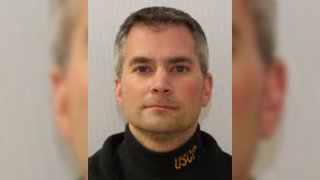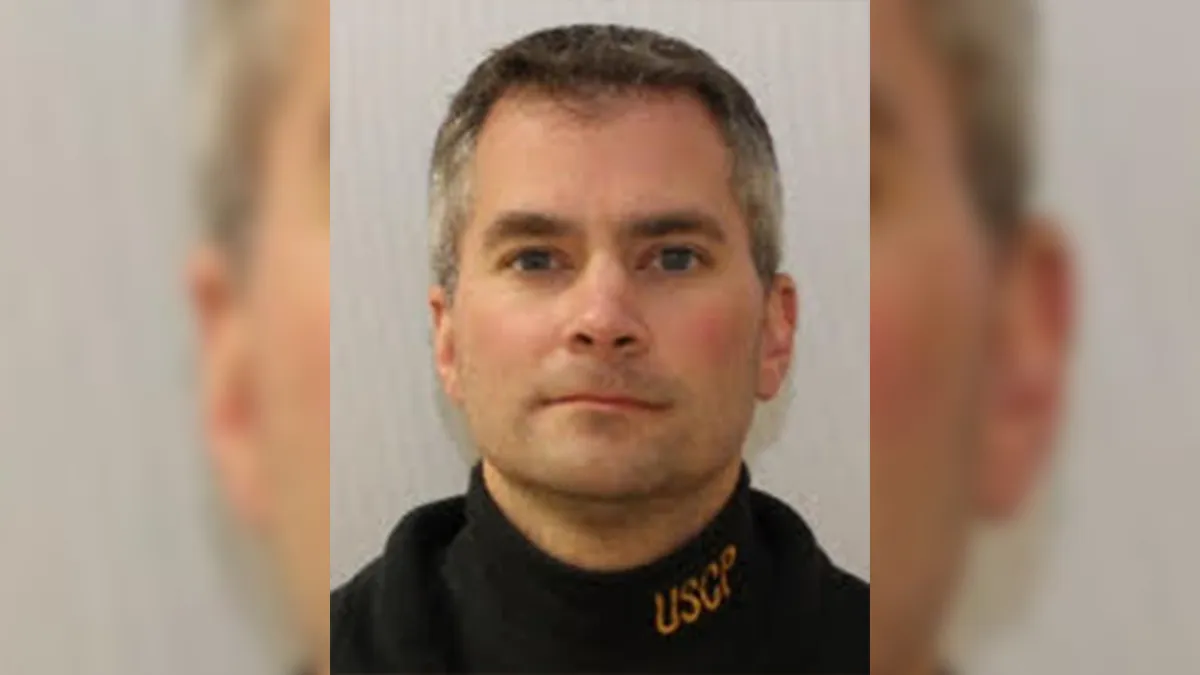
U.S. Capitol Police Officer Brian Sicknick, who died the day after he defended the Capitol during the Jan. 6 insurrection, suffered strokes and died of natural causes, D.C.’s chief medical examiner ruled.
Sicknick, 42, collapsed hours after the riot and died Jan. 7, in what officials consider a line-of-duty death.
Federal authorities have been clear that Sicknick was assaulted with a powerful chemical spray in his face. They've said Sicknick and other officers were overpowered and potentially briefly blinded by that spray while on the front lines.
D.C.'s Office of the Chief Medical Examiner said Monday that Sicknick's cause of death was "acute brainstem and cerebellar infarcts due to acute basilar artery thrombosis," and the manner of death was "natural," not a homicide, the Washington Post first reported.
We're making it easier for you to find stories that matter with our new newsletter — The 4Front. Sign up here and get news that is important for you to your inbox.
“The USCP [U.S. Capitol Police] accepts the findings from the Office of the Medical Examiner, but this does not change the fact Officer Brian Sicknick died in the Line of Duty, courageously defending Congress and the Capitol," Capitol Police said Monday in a statement in part. "The Department continues to mourn the loss of our beloved colleague. The attack on our officers, including Brian, was an attack on our democracy."
Two men were arrested and charged with assaulting Sicknick and two other law enforcement officers during the riot. They were not charged in Sicknick's death.
According to a timeline of events from officials, Sicknick was sprayed with a chemical substance outside the U.S. Capitol at about 2:20 p.m. during the Jan. 6 riot. He collapsed at the Capitol that night about 10 p.m. and was taken to a hospital by D.C. Fire and EMS.
Sicknick died at a hospital about 9:30 p.m. the following night, Jan. 7.
Julian Elie Khater, 32, of State College, Pennsylvania, and George Pierre Tanios, 39, of Morgantown, West Virginia, were arrested last month and charged with conspiring to injure officers and assaulting federal officers, among other charges, according to the Department of Justice.
The mob stormed the Capitol as Congress was voting to certify President Joe Biden’s electoral win over former President Donald Trump. The riot came after Trump urged supporters on the National Mall to “fight like hell” to overturn his defeat.
"The attack on the U.S. Capitol and on our police officers, including Brian Sicknick, was an attack on our democracy," U.S. Capitol Police Acting Chief Yogananda Pittman said after the arrests of Khater and Tanios.
Both Khater and Tanios are scheduled to appear in court next Tuesday to argue for their release from jail as they await trial.
We expect to learn more during those hearings about how or whether the medical examiner's ruling might affect the cases against the two men.
"Working with the U.S. Attorney’s Office for the District of Columbia, the F.B.I.'s Washington Field Office and the Metropolitan Police Department, the USCP will continue to ensure those responsible for the assault against officers are held accountable," the statement from Capitol Police said.
Stay with NBC Washington for more details on this developing story.


